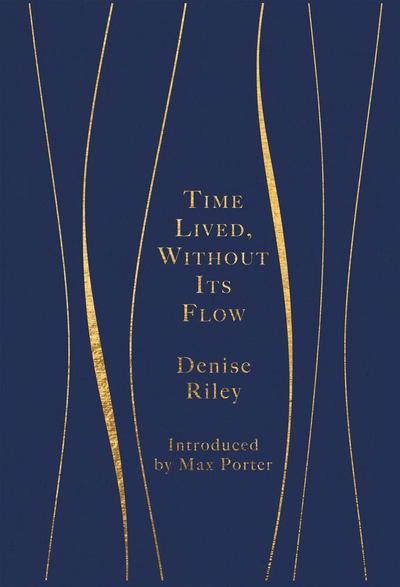What do you think?
Rate this book


96 pages, Hardcover
First published February 10, 2012
También nos damos cuenta de que continuaremos inconsolables y que nunca encontraremos con qué rellenar adecuadamente el hueco. Así debe ser. Es el único modo de perpetuar los amores a los que no deseamos renunciar.